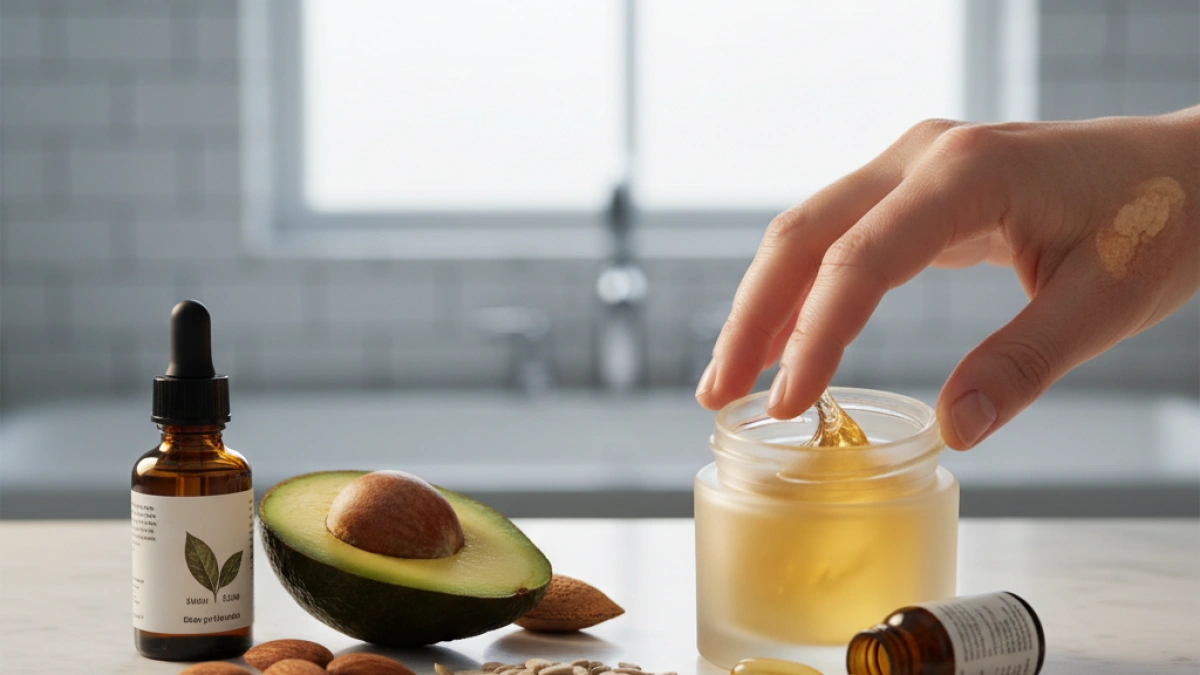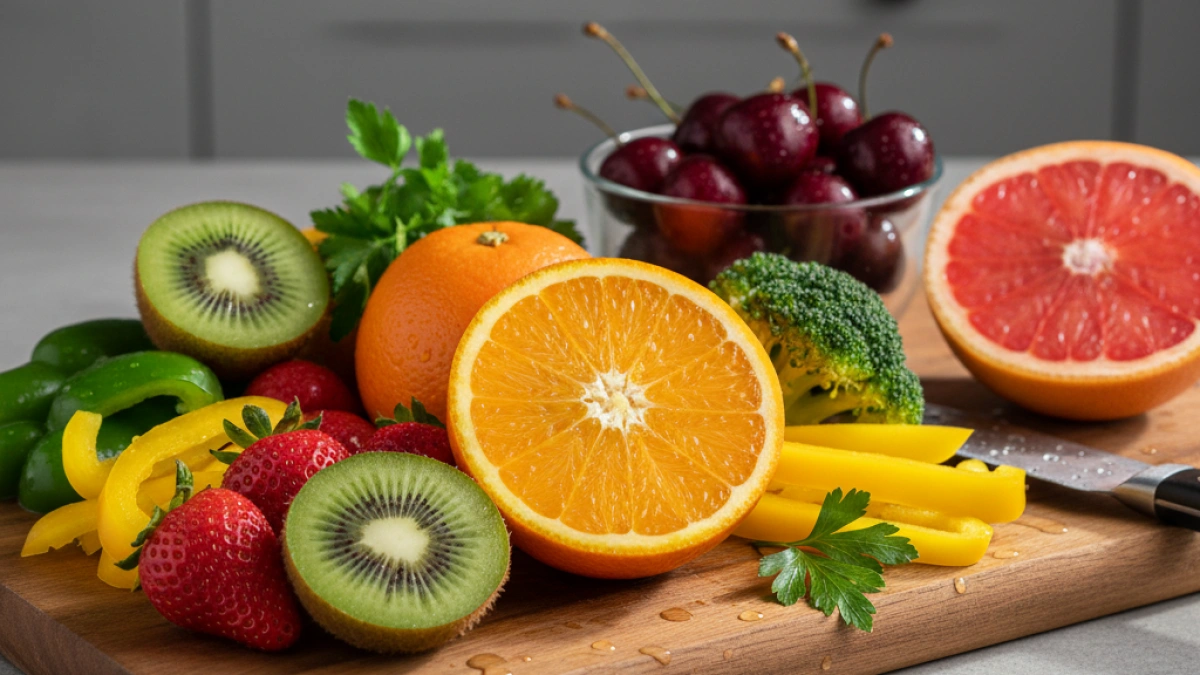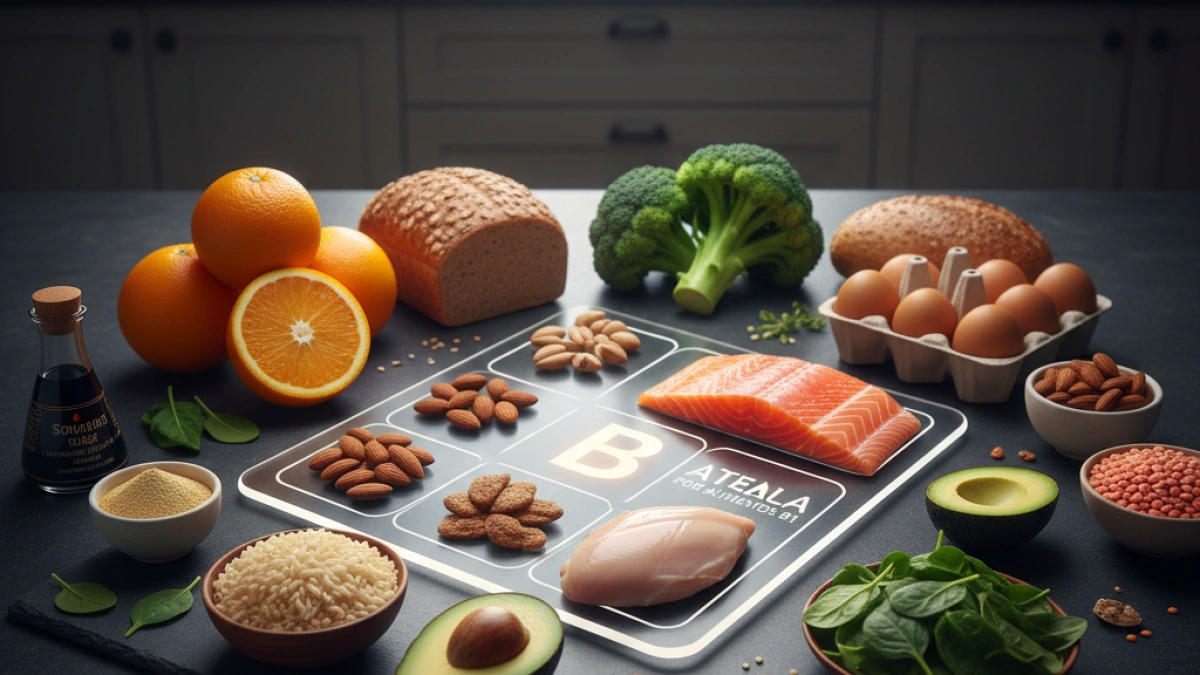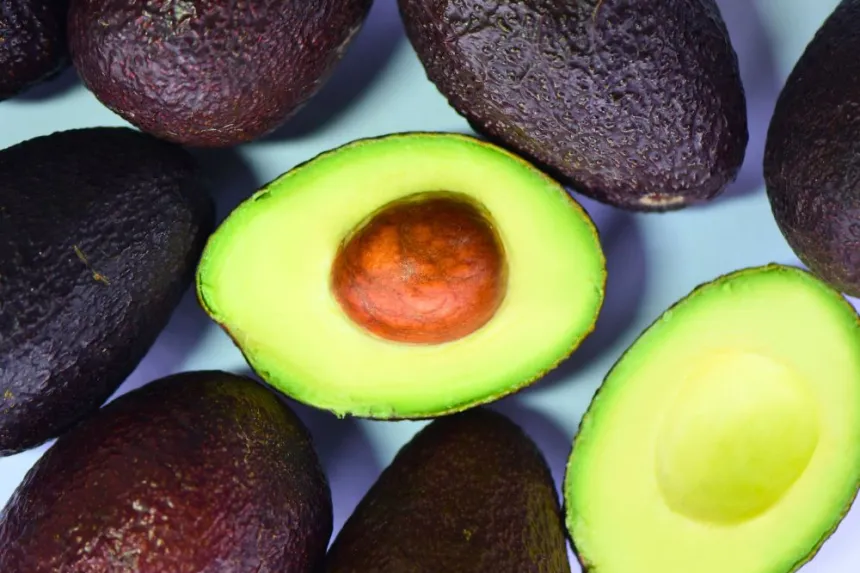Foods rich in vitamin E for optimal health
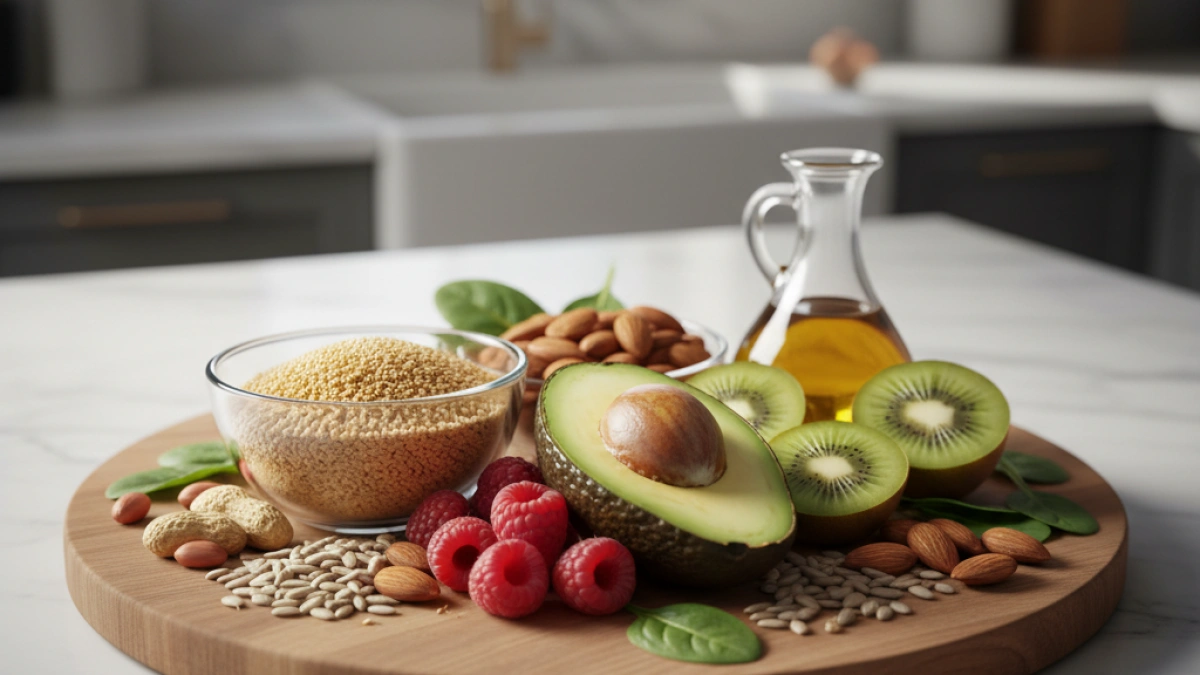
Vitamin E is an essential nutrient that plays a crucial role in maintaining our health. It acts as a powerful antioxidant, protecting our cells from damage caused by free radicals. Additionally, vitamin E contributes to immune system function and skin health. Below, we will explore some of the foods richest in this valuable nutrient and how to incorporate them into our daily diet.
What is Vitamin E?
Vitamin E is a group of fat-soluble compounds that includes tocopherols and tocotrienols. It is renowned for its antioxidant properties, which help combat oxidative stress and reduce the risk of chronic diseases. Although it can be found in various foods, it is important to ensure adequate levels of this nutrient for optimal health.
Natural Sources of Vitamin E
Nuts and Seeds
Nuts and seeds are among the richest sources of vitamin E. Almonds, for example, contain about 25 mg of vitamin E per 100 grams, making them a healthy and nutritious snack. Other options include hazelnuts and sunflower seeds, which also provide significant amounts of this nutrient.
Vegetable Oils
Vegetable oils are another excellent source of vitamin E. Oils like sunflower, olive, and safflower are particularly rich in this antioxidant. Incorporating a bit of these oils into your diet can be an easy way to boost your vitamin E intake, whether in salads or when cooking.
Read also
Leafy Greens
Leafy greens, such as spinach, broccoli, and kale, also provide vitamin E. These vegetables are not only low in calories but are also packed with other beneficial nutrients, such as vitamins and minerals. A plate of steamed vegetables or salads is a delicious way to enjoy their benefits.
Fruits
Some fruits are excellent sources of vitamin E. Avocado and kiwi are two notable examples. Avocado is not only rich in healthy fats, but it also provides a good dose of vitamin E, making it an ideal addition to salads or smoothies.
Fish and Seafood
Fatty fish, such as salmon and trout, are known for their omega-3 fatty acid content, but they also provide vitamin E. These fish are versatile and can be prepared in various ways, such as grilled, baked, or in sushi.
Read also
Daily Recommendations
The recommended daily intake of vitamin E varies by age and sex. Generally, adults should consume between 15 mg and 19 mg per day. It is important to vary the diet and consume a wide range of foods to ensure adequate intake of vitamin E and other essential nutrients.
Conclusion
Incorporating vitamin E-rich foods into our diet can be simple and delicious. From nuts and oils to vegetables and fish, there are many options to choose from. Ensuring adequate vitamin E intake not only helps maintain health but also contributes to improving quality of life.
If you want to stay updated with more health and nutrition tips, I invite you to read more articles like this on my blog. Don’t miss out!
